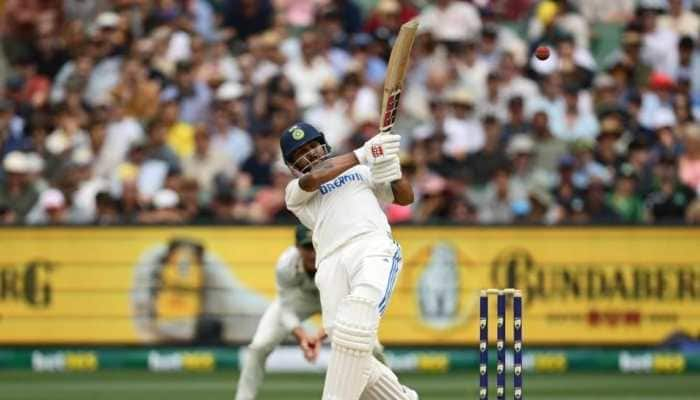Transactions of Rs 1,500 crore on BHIM app so far: Ravi Shankar Prasad
Responding to a mention made by SP member Jaya Bachchan during the Zero Hour in the House, Prasad also said more than 2 crore people have been trained by common service centres on digital payements.
Trending Photos
)
New Delhi: The BHIM app, that aims to make payments through mobiles, has logged 2 crore downloads and close to Rs 1,500 crore worth of transactions have taken place through it, IT Minister Ravi Shankar Prasad said on Monday.
Responding to a mention made by SP member Jaya Bachchan during the Zero Hour in the House, Prasad also said more than 2 crore people have been trained by common service centres on digital payements.
"The BHIM app has been downloaded by 2 crore people and there has been close to 50 lakh transactions only on the BHIM app worth Rs 1,500 crore," the minister said.
Bharat Interface for Money (BHIM) is an app that allows transactions using Unified Payments Interface (UPI).
Raising the issue, Bachchan while congratulating the government for its intention to move towards digital and cashless payments, said that inadequte infrastructure was hampering digital payments.
She said demonetisation was improperly planned and caused "confusion and hardship" to people in the country. She said there were only 15.1 lakh PoS (Point of Sales) machines in the country, while the requirement was of 20 lakh.
"Lack of digital preparedness is already threatening to hit consumption growth," Bachchan said and supported her contention citing SBI data.
In a surprise move, the government had scrapped high denomentation notes (Rs 500/1000) from November 9, 2016 with an aim to check black money, terror financing and fake currency, among others.
Tapan Kumar Sen (CPI-M) spoke about the privatisation of Indian Railways, giving examples of outsourcing of cleaning and maintenance services.
He said foreign companies were beinh involved in the manufacturing of locomotives, and coaches too were being given to other parties.
Sen also protested against the alleged privatisation of railway stations.
Stay informed on all the latest news, real-time breaking news updates, and follow all the important headlines in india news and world News on Zee News.
Live Tv







)
)
)
)
)
)
)
)
)
)
